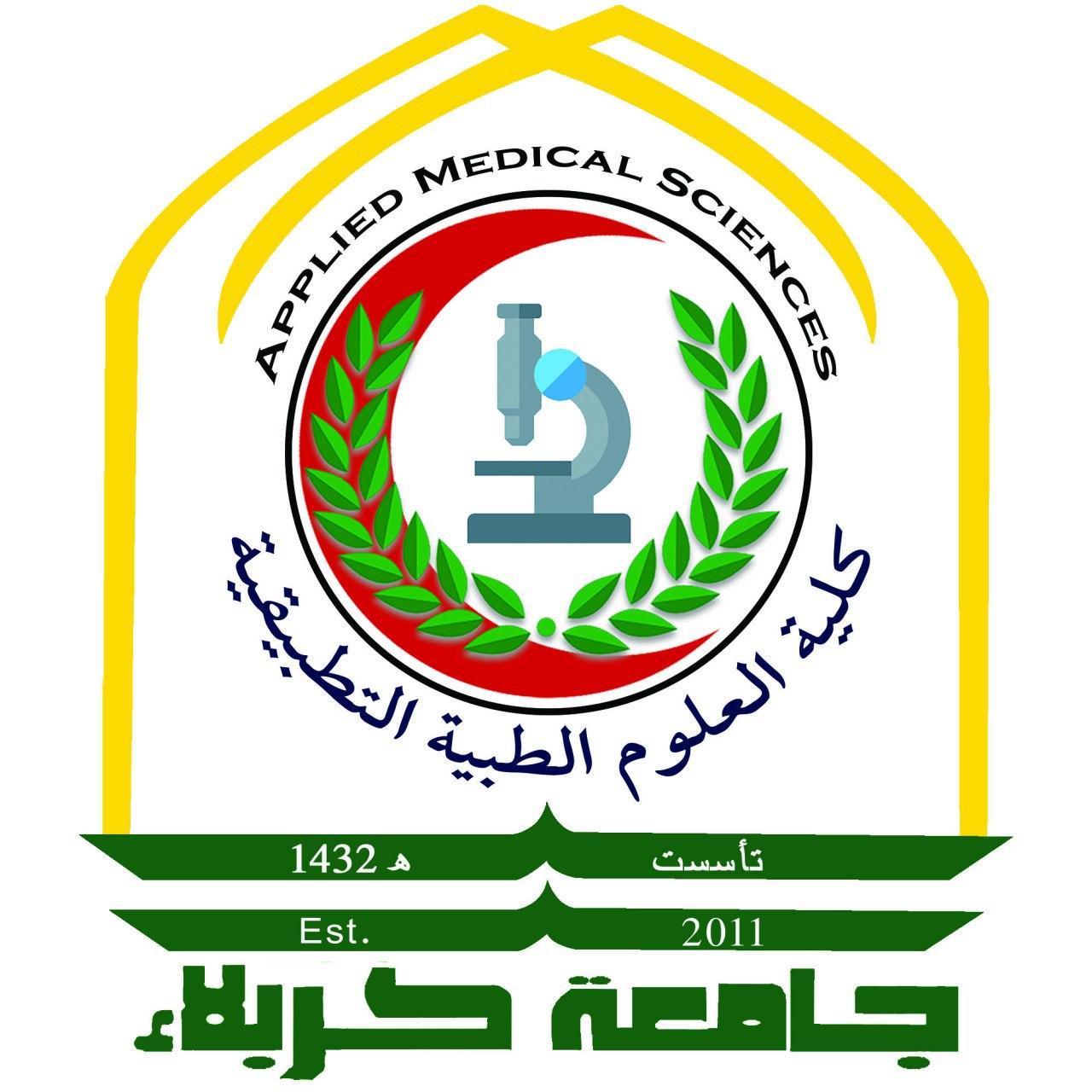
College of Applied Medical Sciences
University of Karbala
- Educational links
- Scientific research
- Study with us

College of Applied Medical Sciences
University of Karbala

- Educational links
- Scientific Research
- Study with us

University of Karbala


 Ministry of Higher Education and Scientific Research
Ministry of Higher Education and Scientific Research  University of Babylon
University of Babylon  University of Baghdad
University of Baghdad  University of Technology
University of Technology  University of Diyala
University of Diyala  University of Mosul
University of Mosul  University of Kufa
University of Kufa  University of Basrah
University of Basrah  University of Anbar
University of Anbar  Tikrit University
Tikrit University  University Of Al-Qadisiyah
University Of Al-Qadisiyah  Al-Nahrain University
Al-Nahrain University  University of Kirkuk
University of Kirkuk  Mustansiriyah University
Mustansiriyah University  University of Misan
University of Misan  University of Thi-Qar
University of Thi-Qar  University of Wasit
University of Wasit  University of ITC
University of ITC  Al-Iraqia University
Al-Iraqia University  Al-Muthanna University
Al-Muthanna University  Al-Qasim Green University
Al-Qasim Green University  Middle Technical University
Middle Technical University  University Of Fallujah
University Of Fallujah  Al-Furat Al-Awsat Technical University
Al-Furat Al-Awsat Technical University  Southern Technical University
Southern Technical University  University Of Samarra
University Of Samarra  Jabir ibn Hayyan Medical University
Jabir ibn Hayyan Medical University  Al-Karkh University Of Science
Al-Karkh University Of Science  Ninevah University
Ninevah University  Basrah University for Oil and Gas
Basrah University for Oil and Gas  University of Al-hamdaniya
University of Al-hamdaniya  Northern Technical University
Northern Technical University  Ibn Sina University
Ibn Sina University  The Great Emam University College
The Great Emam University College  University Of Sumer
University Of Sumer  University Of Telafer
University Of Telafer  Al-Farahidi University
Al-Farahidi University